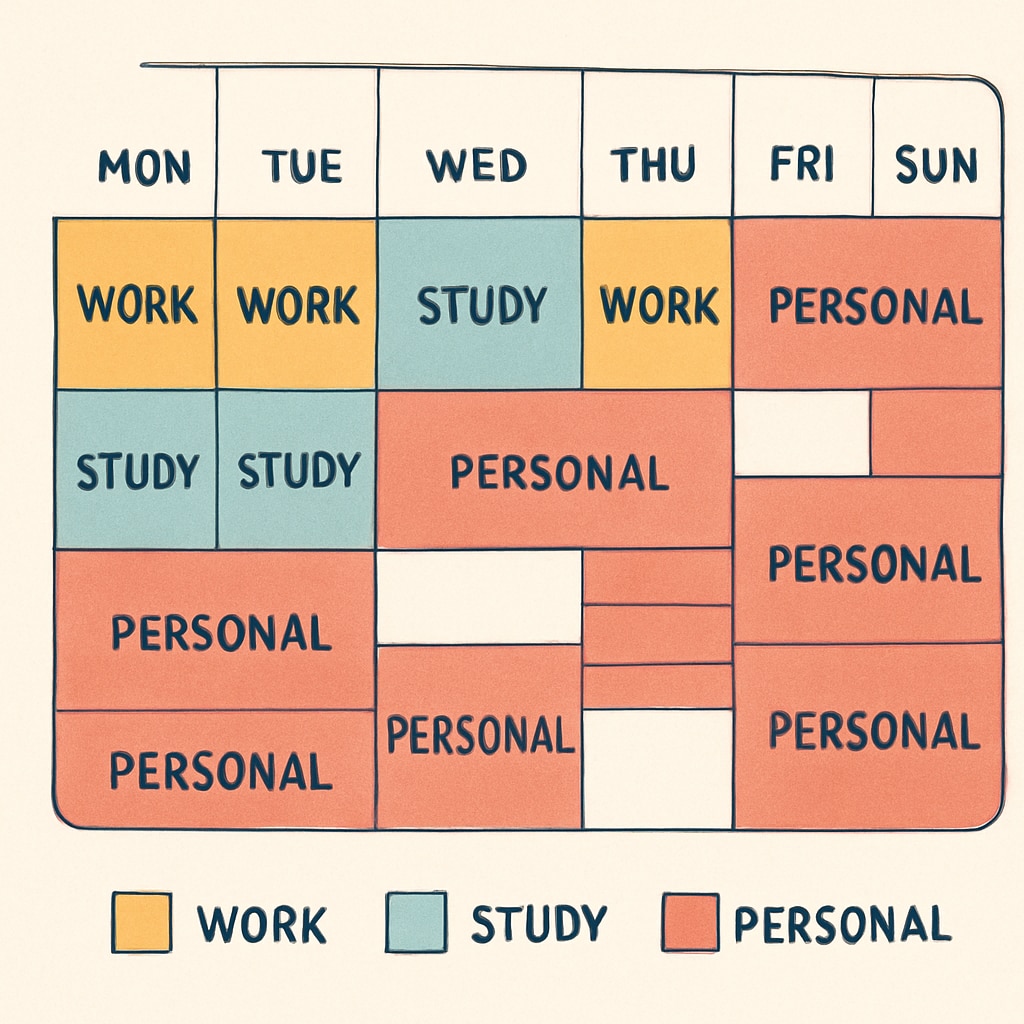Pursuing a master’s degree while managing a full-time career can feel like juggling two demanding roles simultaneously. For professionals in their 30s, this challenge becomes even more pronounced as they navigate career advancement, personal responsibilities, and academic commitments. Time management plays a pivotal role in ensuring that neither work nor study suffers, and this article delves into the strategies that can help professionals achieve this balance.
The Dual Challenge: Career Growth and Academic Advancement
Professionals in their 30s often find themselves at a critical juncture in their lives. On one hand, they aim to solidify their career paths by taking on more responsibilities or pursuing leadership roles; on the other hand, they recognize the value of a master’s degree in boosting their credentials and opening new doors for professional growth. Balancing these two priorities can be daunting, especially when personal commitments like family or community responsibilities are also in the mix.

One key challenge is the limited availability of time. Unlike traditional students, working professionals must divide their time between work deadlines, evening classes, and personal obligations. This often leads to feelings of being overwhelmed and stretched too thin. As a result, effective time management becomes the cornerstone of success in this dual pursuit.
Strategies for Effective Time Management
Time management is not just about allocating hours; it’s about prioritizing tasks and optimizing productivity. Here are some practical strategies to help working professionals balance their academic and career goals:
- Create a Structured Schedule: Use a planner or digital tool to map out your weekly commitments, including work tasks, study sessions, and personal time. Stick to this schedule as much as possible.
- Leverage Flexible Learning Options: Many master’s programs now offer online or hybrid formats, allowing students to learn at their own pace. Opt for programs that align with your work schedule.
- Communicate with Stakeholders: Keep your employer, family, and friends informed about your academic commitments. This ensures that they understand your time constraints and can provide support when needed.
- Set Realistic Goals: Break your academic tasks into manageable chunks. Instead of aiming to complete an entire project in one sitting, focus on achieving smaller milestones.
- Utilize Downtime: Use commute time, lunch breaks, or waiting periods to review notes, listen to lectures, or catch up on reading.
By implementing these strategies, professionals can create a sustainable balance between their career and academic responsibilities.

Staying Motivated Amidst the Pressure
Maintaining motivation is crucial for long-term success, especially when the pressure of juggling multiple roles becomes overwhelming. Here are some tips to stay focused and inspired:
- Visualize Your Goals: Keep reminders of why you started this journey, such as career aspirations or the desire for personal growth.
- Celebrate Small Wins: Acknowledge and reward yourself for completing assignments, acing exams, or even sticking to your schedule.
- Seek Support: Join study groups or professional networks where you can share experiences and seek advice from peers who understand your challenges.
- Practice Self-Care: Allocate time for rest, exercise, and hobbies. A healthy mind and body are essential for productivity and focus.
As a result, you’ll find it easier to stay on track and avoid burnout as you progress toward your goals.
Conclusion: Achieving Balance is Possible
Pursuing a master’s degree while advancing in your career is no small feat, but it is entirely achievable with the right strategies and mindset. By prioritizing time management, seeking support from those around you, and maintaining motivation, you can navigate this demanding phase of life successfully. Remember, the skills you develop during this journey—such as multitasking, organization, and resilience—will serve you well in both your professional and personal life.
So, whether you’re attending evening lectures after a long day at work or squeezing in study sessions during your weekends, take pride in knowing that your hard work and determination will pay off in the form of greater opportunities and personal fulfillment.
Readability guidance: Short paragraphs, actionable lists, and consistent use of transition words ensure clarity. Focus is placed on practical advice and motivation to encourage readers.


